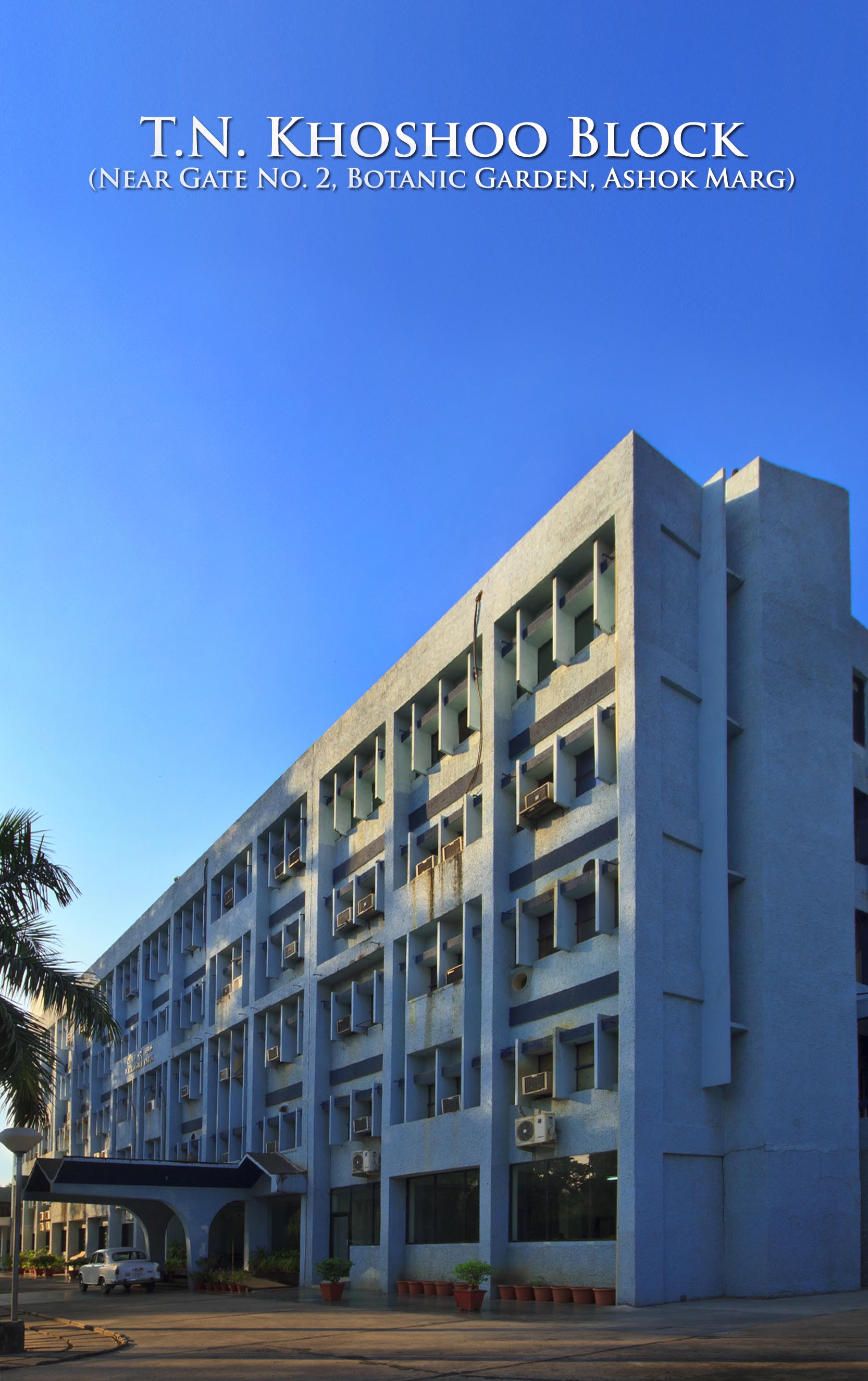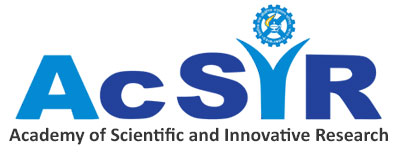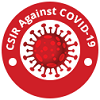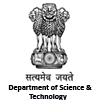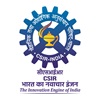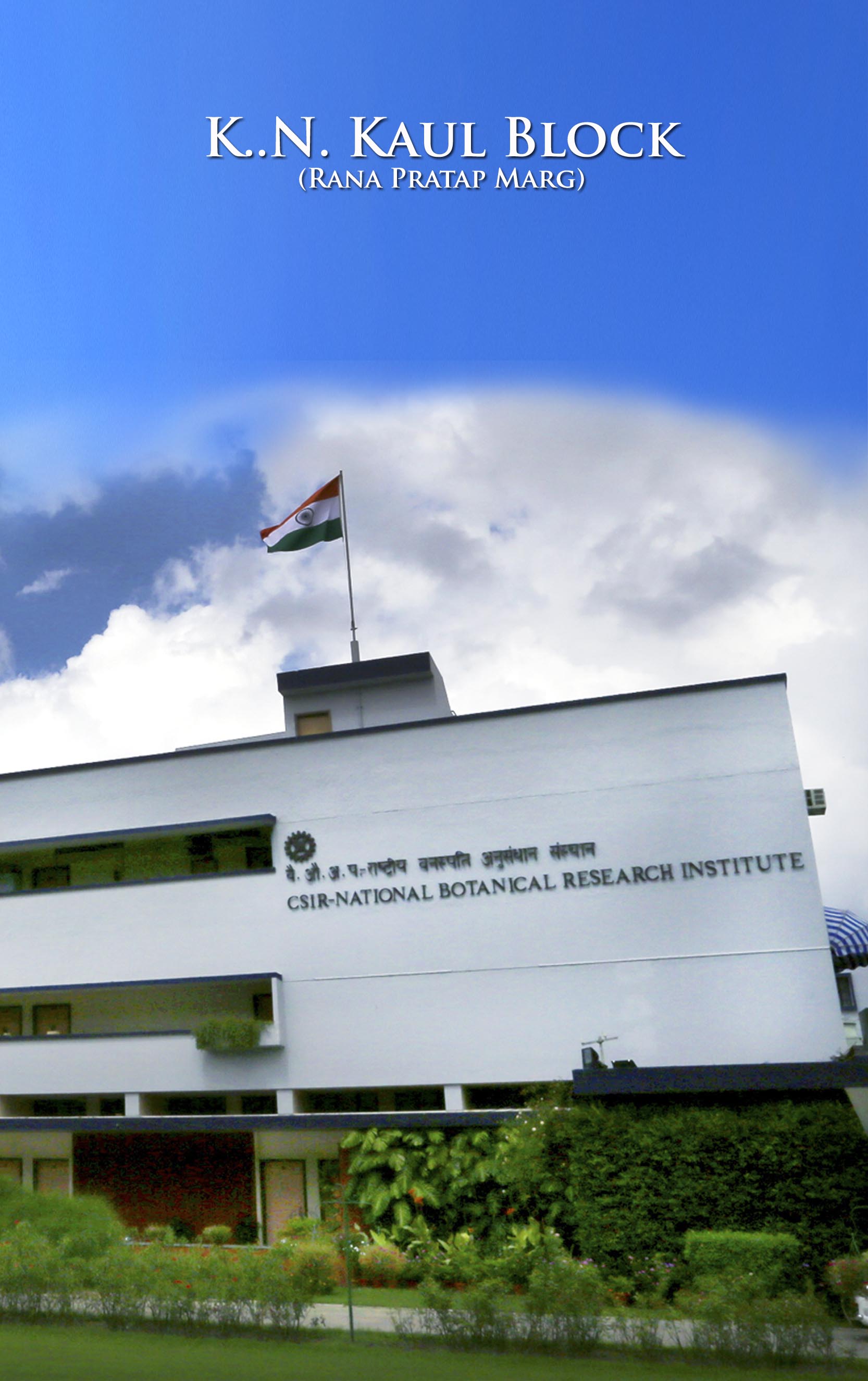

Dr. Shuchi Srivastava
Principal Scientist
Research Interests
Our area of work mainly focusing on Plant -Microbe interactions.Being sessile, plants are continually challenged by an array of environmental stresses which pose devastating threat to its existence and development. We are deciphering the role of microbial intervention in abiotic and biotic stress tolerance of different crop plants by the utilization of different microbial attributes.
Dr. Shuchi Srivastava
Principal Scientist
Research Summary
Microbial intervention for biotic stress management
Many biotic stresses hamper production of different cereal crops resulting huge economic losses. Different microbial traits are known to impart biotic stress tolerance to plants. Among different traits silicon solubilisation mechanism of bacteria was explored for biotic stress tolerance in rice. Silicon is known to provide mechanical strength to the plants however, silicon remains unavailable for plants’ uptake due to its poor solubility. Microbial intervention entailed in soil-plant system to facilitate Si availability for improved plant resistance to biotic and abiotic stresses. Henceforth, to screen silicon solubilising bacteria, P discriminating Si solubilisers, a defined media has been developed. Best silicon solubilizer screened was also used to demonstrate enhanced biotic stress tolerance in rice against R.solanimediated sheath blight disease in ricethrough (i) reduced disease incidence, (ii) lowering of cell wall degrading enzyme activities, (iii) induced defense mechanism and, (iv) modulation of defence responsive genes.
Microbes having different biocontrol ability, viz. siderophore production, producing TypeIII secretary system enzymes and different metabolites were explored against the Fusarium wilt of chickpea. Elucidation of their mechanism of biological control is currently in progress in identified potential strains.
Microbial intervention for abiotic stress management:
Among the diverse abiotic stresses, along with salinity and drought-stresses, arsenic stress are extensivelycontributing to the yield reduction and health hazards to the people. This urged us to explore the microbial potential to ameliorate abiotic stresses in plants and decipher the involved molecular mechanism in rice. Role of the potent Bacillus amylolquefaciens strain for amelioration of salinity and drought stress through modulation of different physiological and molecular functions has been demonstrated by us. Synergistic interaction between Pseudomonas putida (P solubilizer, MTCC5279) and Chlorella vulgaris (As detoxifier) was studied for reduced arsenic uptake in rice. Probable mechanismfor reduced grain arsenic accumulation is attributed to phosphate/arsenate competition and lowered ROS metabolism to reduce As-induced oxidative stress and modulation of P transporters in rice. Currently number of microbes (bacteria, yeast and fungi) for different arsenic biotransformation potential i.e. arsenate reductase, arsenite oxidase and methyltransferase through biochemical and PCR amplification of respective genes has been characterized with reduced arsenic uptake in rice.Role of phosphate accumulating solubilising and mineralizing microbes for amelioration of phosphate starved salinity stress is also one of the area of research. Stress mitigation is probably attributed to changes in root architecture through auxin and ABA signalling, augmented phosphate and proline accumulation, higher redox state, modulated expression of phosphate transporters and stress responsive genes in A. thaliana has been found as probable mechanism.
Microbial intervention for rice straw management:
Due to the havoc caused by improper management or on-farm burning of rice straw, urge for its proper utilization evoked the idea of developing microbial consortia for its in-situ utilization. Microbial consortia developed for on farm utilization of rice straw has been tested for improved soil health and productivity of the subsequent crop (wheat) at 3 different research farms of Uttar Pradesh agricultural departments and UnnaoKrishiVigyan Kendra (KVK). Improved crop yield and soil carbon content was found with the addition of microbial formulation as compared to control. Developed consortia can be further recommended as technology for on-farm rice straw management in order to have better carbonization and productivity.
Microbial diversity:
Fusarium oxysporumis one of the most variable and highly dispersed species and its pathogenicity to high value crop has been well studied. Variability and diversity in Fusarium species create problem regarding its pathogenicity. Our work majorly deals with the characterization of pathogenic strains of Fusarium oxysporuminfecting the chickpea (Cicer arietinum L.). Henceforth, Fusarium isolates from 30 districts of Uttar Pradesh were characterized for their pathogenicity and identified through ITS based sequencing.Diversity of bacterial strains having different beneficial traits viz. phosphate accumulation, silicon solubilisation, Zinc solubilisation and siderophore production, arsenic tolerance from different parts of India is also one of the area of research. As a part DBT funded programfungal diversity from north east region of India is currently going on, where we have identified some novel strains from Assam of NE region.
Dr. Shuchi Srivastava
Principal Scientist
Publications
– Srivastava, S., Srivastava, S., Bist, V., Awasthi, S., Chauhan, R., Chaudhry, V., …& Chauhan, P. S. (2018). Chlorella vulgaris and Pseudomonas putida interaction modulates phosphate trafficking for reduced arsenic uptake in rice (Oryza sativa L.). Journal of hazardous materials, 351,177-187.
– Awasthi, S., Chauhan, R., Dwivedi, S., Srivastava, S., Srivastava, S., & Tripathi, R. D. (2018). A consortium of alga (Chlorella vulgaris) and bacterium (Pseudomonas putida) for amelioration of arsenic toxicity in rice: A promising and feasible approach. Environmental and Experimental Botany, 150, 115-126.
– Srivastava, S.,Bist, V., Srivastava, S., Singh, P. C., Trivedi, P. K., Asif, M. H., …& Nautiyal, C. S. (2016). Unraveling aspects of Bacillus amyloliquefaciens mediated enhanced production of rice under biotic stress of Rhizoctoniasolani. Frontiers in plant science, 7, 587.
– S Mishra, S Srivastava and CS Nautiyal. 2014. Differential gene expression profile in Pseudomonas putida NBRIC19-treated wheat (Triticumaestivum) plants subjected to biotic stress of Partheniumhysterophorus. MolBiol Rep. 41(3):1385-99.
– S Srivastava · R Pandey · S Kumar · CS Nautiyal. 2014.Correspondence between flowers and leaves in terpenoid indole alkaloid metabolism of the phytoplasma-infectedCatharanthusroseusplants. Protoplasma. 251(6): 1307-1320.
– CS Nautiyal, S Srivastava, S Mishra, M H Asif, PS Chauhan, PC singh and P Nath. 2013. Reduced cell wall degradation plays a role in cow dung-mediated management of wilt complex disease of chickpea. Biology and Fertility of Soils. 49 (7) 881-891.
– CS Nautiyal, S Srivastava, PS Chauhan, K Seem, A Mishra, SK Sopory. 2013. Plant growth-promoting bacteria Bacillus amyloliquefaciens NBRISN13 modulates gene expression profile of leaf and rhizosphere community in rice during salt stress. Plant Physiology and Biochemistry. 66:1-9.
– S Srivastava, V Chaudhry, A Mishra, P S Chauhan, A Rehman, A Yadav, N Tuteja and Chandra Shekhar Nautiyal. 2012. Gene expression profiling through microarray analysis in Arabidopsis thaliana colonized by Pseudomonas putida MTCC5279, a plant growth promoting rhizobacterium. Plant Signal Behav. 235-245.
– S Srivastava, A Yadav, K Seem, S Mishra, V Chaudhary, C S Nautiyal. 2008. Effect of high temperature on Pseudomonas putida NBRI0987 biofilm formation and expression of stress sigma factor rpos. Current Microbiology. 56: 453-457.
Dr. Shuchi Srivastava
Principal Scientist
Patents
Patent: 7 nos.
– Plant variety of Catharanthusroseus named ‘lli’. U.S. Patent Application 10/838,531.Kumar, S., Rai, S.P., Kumar, S.R., Singh, D., Srivastava, S. and Mishra, R.K., Council of Scientific and Industrial Research (CSIR), 2007.
– Formulation comprising thymol useful in the treatment of drug resistant bacterial infections. U.S. Patent 6,824,795. Khanuja, S.P.S., Srivastava, S., Shasney, A.K., Darokar, M.P., Kumar, T.R.S., Agarwal, K.K., Ahmed, A., Patra, N.K., Sinha, P., Dhawan, S. and Saikia, D., 2004.
– Anti-microbial composition and method for producing the same. U.S. Patent 6,423,741. Khanuja, S.P.S., Srivastava, S., Kumar, T.R.S., Shasany, A.K., Jain, D.C., Darokar, M.P., Saikia, D. and Kumar, S., Council of Scientific and Industrial Research (CSIR), 2002.
– Formulation comprising thymol useful in the treatment of drug resistant bacterial infections. U.S. Patent 6,514,541. Khanuja, S.P.S., Srivastava, S., Shasney, A.K., Darokar, M.P., Kumar, T.R.S., Agarwal, K.K., Ahmed, A., Patra, N.K., Sinha, P., Dhawan, S. and Saikia, D., 2003.
– Bioactive hexane fraction from Vetiveriazizanioides. U.S. Patent 6,676,974. Khanuja, S.P.S., Srivastava, S., Kumar, T.R.S., Gupta, M.M., Tripathy, A.K., Singh, M., Bahl, J.R., Lal, R.K., Darokar, M.P., Shasany, A.K. and Kumar, S., 2004.
– Quick and sensitive method of quantifying mycolic acid to develop anti-microbial agents and a diagnostic kit thereof. U.S. Patent 6,833,249. Khanuja, S.P.S., Srivastava, S., Kumar, T.R.S. and Shasany, A.K., Council of Scientific and Industrial Research (CSIR), 2004.
– Alpha arteether resistance domain. U.S. Patent 7,510,836. Khanuja, S.P.S., Srivastava, S., Shasany, A.K., Kumar, T.R.S., Darokar, M.P., Chand, P. and Kumar, S., Council of Scientific and Industrial Research (CSIR), 2009.
Dr. Shuchi Srivastava
Principal Scientist
Research Scholars
Dr. Manish Ranjan, Project RA
Mr. Salil Kumar Arkvanshi, UGC-SRF
Ms. Vidisha Bist, CSIR-SRF
Ms. Sonal Srivastava, DST-SRF
Ms. Vandana Anand, CSIR-SRF
Ms. Jasvinder Kaur, PA II
Ms. Pallavi Singh, UGC-JRF
Dr. Shuchi Srivastava
Principal Scientist
Address
Division of Microbial Technology, T.N. Khoshoo Block
CSIR-National Botanical Research Institute, Rana Pratap Marg, Lucknow-226001, India
Phone no.: 0522-2297988
Email: s.srivastava@nbri.res.in
